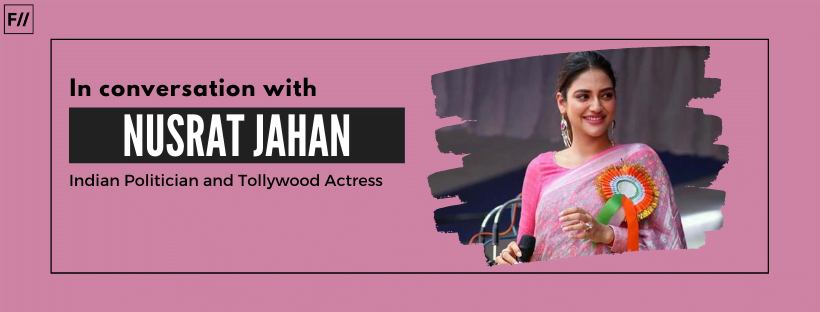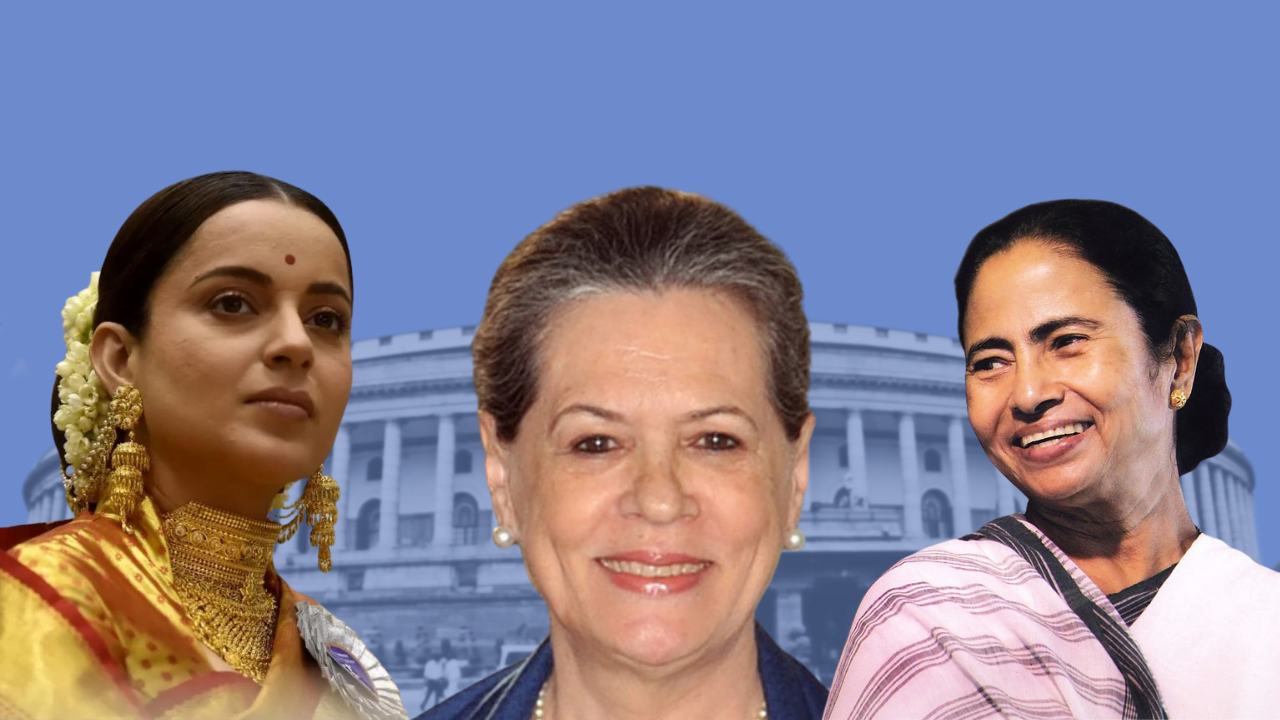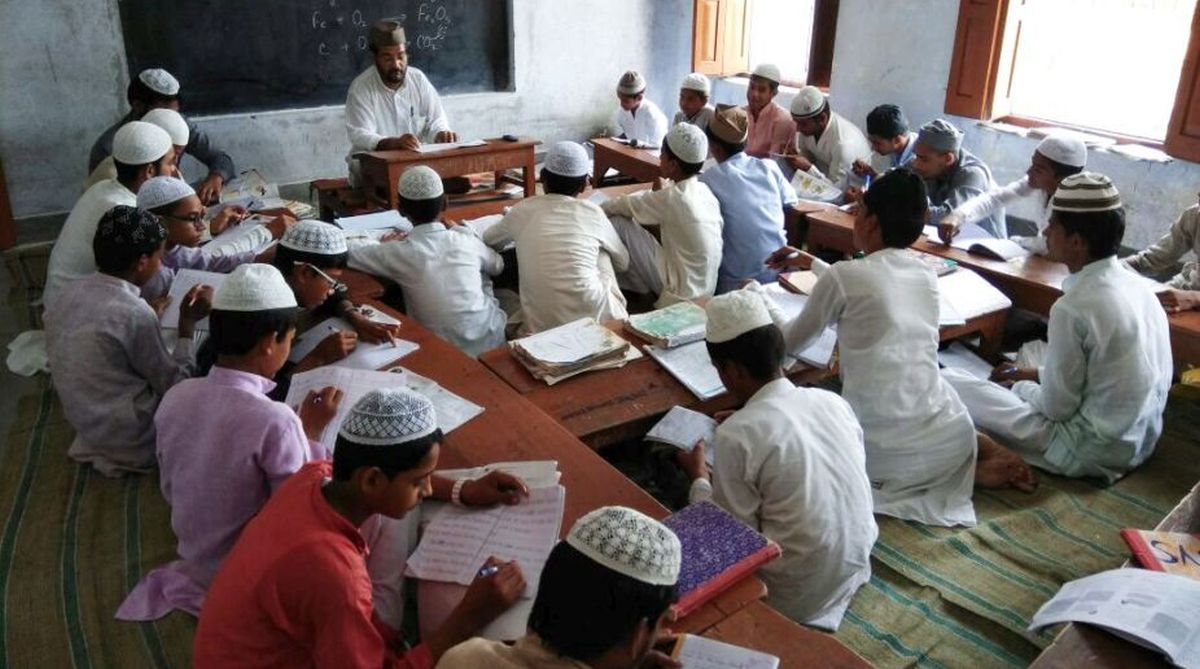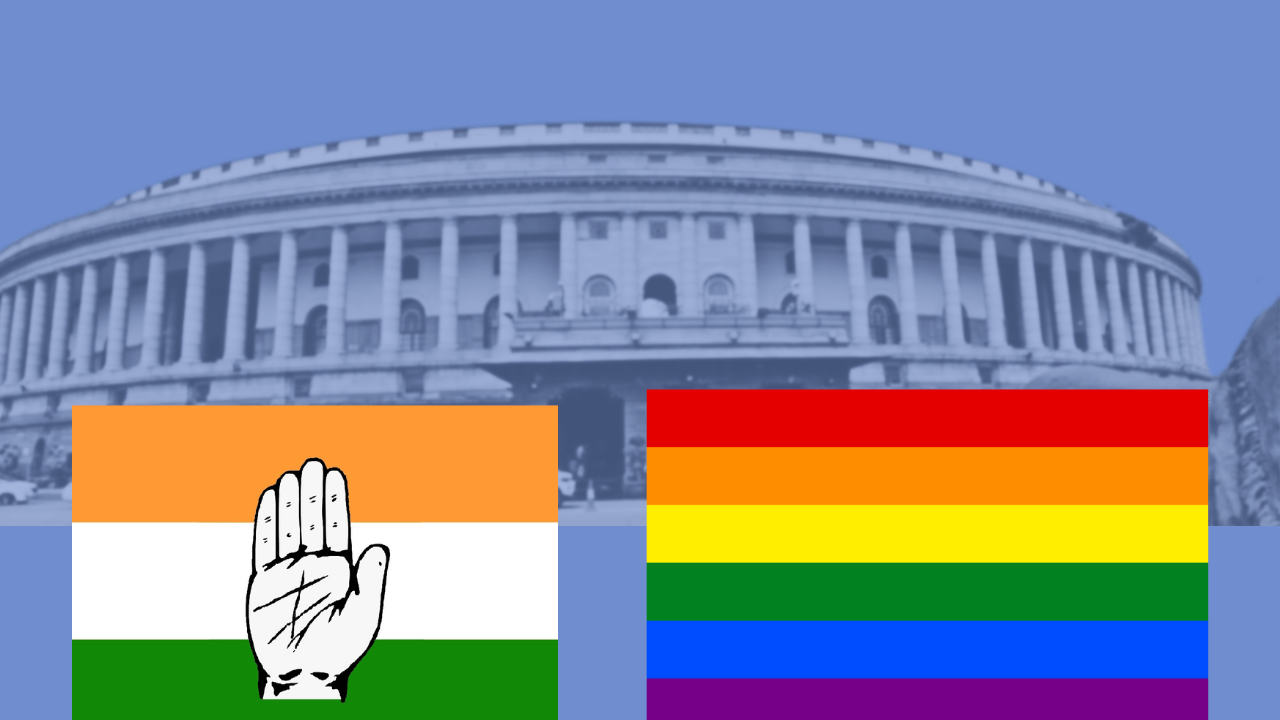Editor’s Note: FII is excited to announce its collaboration with independent journalist Poorvi Gupta who will, through multiple interviews, give us an insight into the lives of Indian women MPs and their journey in politics, particularly during the #pandemic.
One invitation from Trinamool Congress for Tollywood actor Nusrat Jahan to join the party changed her life. Once she accepted the offer, the next thing we knew that Mamata Banerjee, party president and West Bengal Chief Minister, announced her candidacy from Basirhat constituency in the Lok Sabha elections in 2019. Jahan won the election on the basis of her popularity and party support, and the rest is history. The MP, who turned everybody’s gaze in the parliament when she entered in an elegant co-ord set, was also quick to shut down trolls trying to pull her down.
She not only believes in standing up for herself but is writing down a new way of governance through her videos to keep her people entertained and aware among other things. Jahan who was also a TikTok star shares her unabashed love for the smartphone application that stands banned today. In this in-depth interview, she delves deep into the subject of feminism, CAA-NRC, having a Muslim identity and her views on politics.
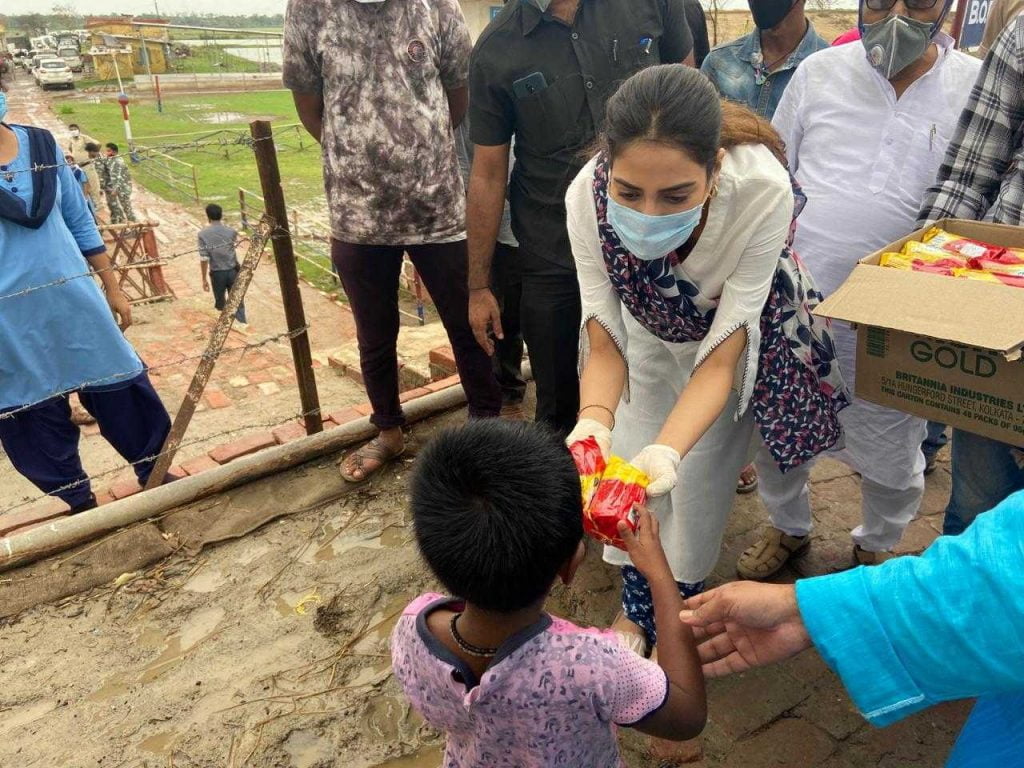
At the young age of 30, for an actor who is at the peak of their career, to think of becoming a politician – how did this happen?
Nusrat Jahan: I always think that 30 is a very responsible age as between 20-30 years, one has a lot of time to chill and figure out things in life but from 30-40 is when one actually makes their life. I had no plans for politics and I did not want to be a part of it either in the beginning but when I realized that I have an opportunity of doing things at a larger scale then that did not sound like a bad idea. People including me, had forgotten the real meaning of politics which is to bring about a change.
I was and am doing pretty well in my acting career and I will continue to work in films. I understood that my profession may be different but I could still do something to make myself a little more happier by joining politics and bringing about a change in the lives of the people of my constituency. I can sleep peacefully thinking that at least I could help two people out of 20 that I wanted to.
I was and am doing pretty well in my acting career and I will continue to work in films. I understood that my profession may be different but I could still do something to make myself a little more happier by joining politics and bringing about a change in the lives of the people of my constituency. I can sleep peacefully thinking that at least I could help two people out of 20 that I wanted to.
In the last one year that you got elected from Basirhat constituency, tell me how closely have you been able to understand your district?
Nusrat Jahan: My constituency really suffers, as geographically it is difficult terrain. It may not look like that from the outside. It is located around the Sundarbans and there are places which can only be accessed via boats. There are people who are suffering because they live on the banks of the river Ichamati and cyclones keep on impacting their lives and livelihoods.
People on social media keep saying that we don’t see you in Basirhat working for the people but when you visit the place, you will know that we have our people working on their toes all the time. Especially during this COVID-19 time, we distributed relief packages and helped people in whatever they want.
I would say that the new generation doesn’t work on the lines of politics that used to happen long back when people used to think that it is not a great place to be in. You have to be in it to try and change the mindset people have about the profession. We respect the experiences of the older politicians and we incorporate our new techniques and new ideas to better the society.
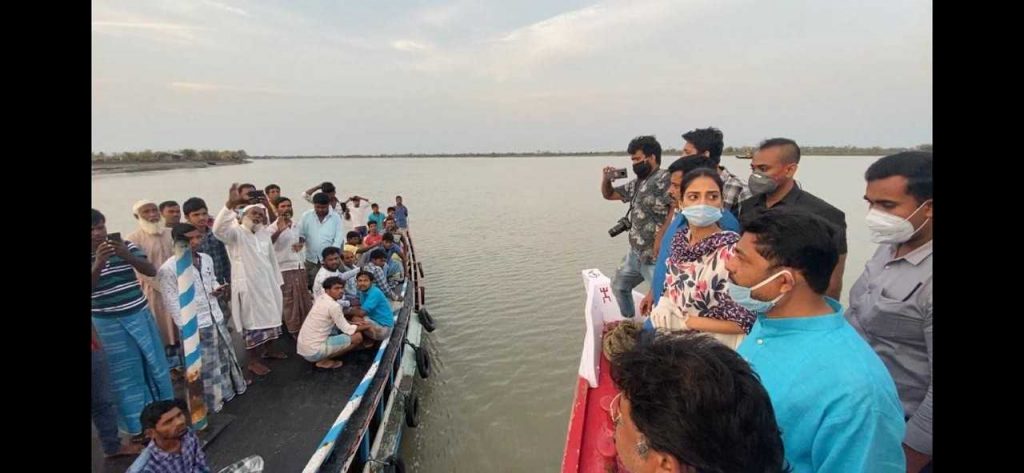
What are some of the challenges Basirhat is facing? What are some schemes that you have started to implement in the district?
Nusrat Jahan: To win people’s hearts in the first place, and then keeping up with the expectation is the only challenge that one can face. It is very difficult but I have tried to provide what people of my constituency need rather than what they want. The wants are endless but whatever they need is what I am trying to cater to. Knowing my constituency actually helped me connect with my people. It helped me in finding out that people need clean drinking water, better employment, education for the girl child and the fact that they live by the cottage industry and fisheries there.
We have devised three projects for Basirhat—Sujala (focusing on clean water), Sukanya (focusing on girls) and Susamaj (focusing on the society).
We have started to install machines that purify water with the help of air pressure in several parts of the constituency. It uses the atmosphere’s moisture and converts it into pure water. Our work was delayed due to cyclone Amphan and COVID-19 but we are resuming it now. These machines will be set up in schools. We are also setting up sanitary napkin vending machines at various places like schools and colleges, and working along with various NGOs against human-trafficking. Lastly, under Susamaj, we are setting up street lights, roads, tree plantation, mask distribution programs, relief material distribution etc.
How have you been able to deal with the COVID-19 pandemic in your constituency?
Nusrat Jahan: During the first phase of lockdown, we were relaxed since there was only one case of coronavirus in Basirhat. What we did was in the beginning, we prepared the hospitals with all the necessary equipment and amenities from my MPLAD funds (Members of Parliament Local Area Development Scheme). We got PPE kits, new ventilators and we provided protection kits to all the frontline workers who had to travel to various places in order to support the public.
We have a super speciality hospital in Basirhat which got renovated recently but since we only had one case it wasn’t a dangerous situation then. I have been on video conferencing with people back in Basirhat all the time as that is my only way of reaching out. We are trying to do our best.
With the migrant workers coming in now, we are making sure that the police and the administration are keeping a count of every person stepping out of the trains and they are making sure that they are taken to the quarantine centres. They are being provided food by the state government and after 14 days of reaching Basirhat, they are being tested and sent back to their homes.
We have been using social media to make videos, reach out to people and spread awareness on the things they have to keep in mind. There have been funny videos and videos with various kinds of acts to keep people entertained and aware. I have been trying my own ways of dealing with it because when I put up a video of myself and my husband on TikTok, I might get trolled for that, but it sends out a message that it is a no to domestic violence by using my act and hashtag.
(We conducted this interview on June 10 and in the last one month, Basirhat has recorded over 1000 cases including asymptomatic cases as of July 24)
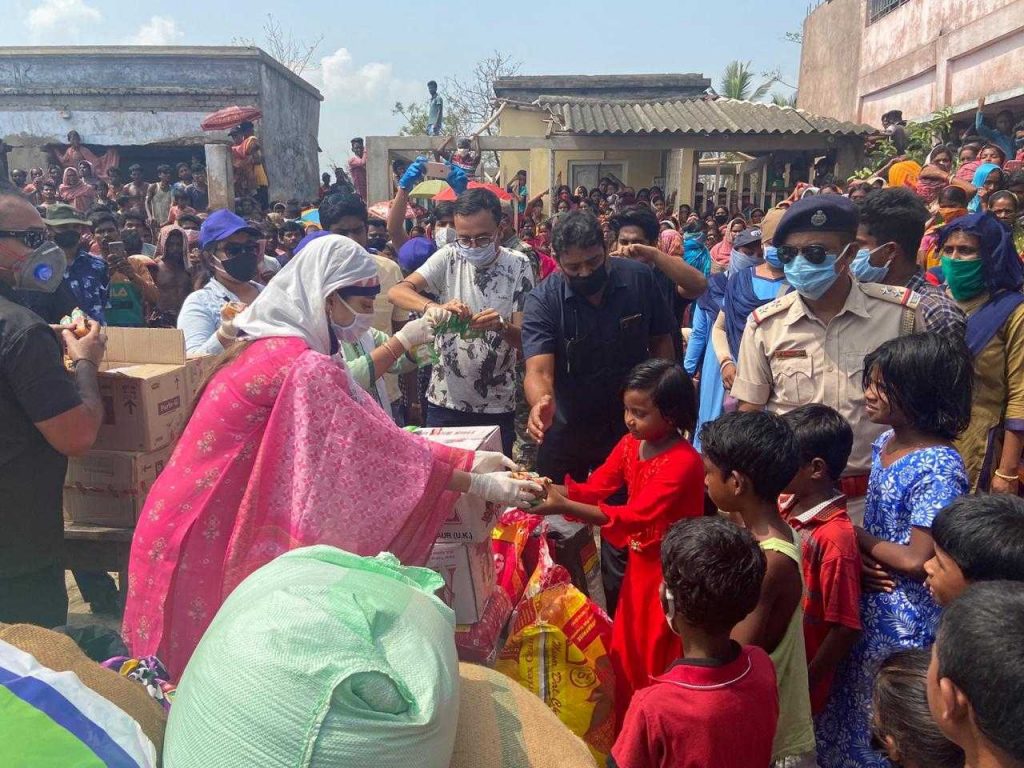
You speak about preventing domestic violence, tell us if you have seen a spurt in DV cases in your constituency?
Nusrat Jahan: What happened is that, families belonging to economically challenged areas are forced to be locked up in houses for the first time. There are men who like to drink at night and then take out their frustration on their wife or children by beating them up. We think that domestic violence only happens with women but it’s wrong as we have been hearing that men and children are also suffering being locked up in the house.
Any complaint that we get, we immediately look into the matter and solve it. I always say that there will be people who will try to put you down, but if you don’t put your foot down then there will be no one who will help you. I tell women to never give in to domestic violence. If you can’t go to the police, you inform someone who you trust and can take this information to the authorities. I have been asking people to keep their eyes and ears open and look out for each other in the locality. I also found out that a lot of people were feeling depressed during the lockdown so I started having webinars with doctors to start a conversation around mental health illnesses which are such a big taboo in our society.
I tell women to never give in to domestic violence. If you can’t go to the police, you inform someone who you trust and can take this information to the authorities. I have been asking people to keep their eyes and ears open and look out for each other in the locality. I also found out that a lot of people were feeling depressed during the lockdown so I started having webinars with doctors to start a conversation around mental health illnesses which are such a big taboo in our society.
Women parliamentarians have to suffer a lot of sexism and misogyny at the workplace. You were trolled immensely for wearing a different attire when you went to the Lok Sabha after getting elected for the first time. How do you deal with all this?
Nusrat Jahan: The one thing I truly believe in, is that your only limitation is the one you accept. I never get bogged down by the 200 people trying to criticize me when I am not wrong. When you know that you are not wrong, you tend to look at the brighter side. There are people who also appreciate my work and I want to focus on that.
Why should I give attention to useless people who aren’t doing anything good? There was a time when I was forced to write on social media—let the administration do their job and if you have so many complaints then stop whining on social media, get up and do something for the people. These people weren’t even from my constituency, so why should I listen to them?
Let’s also acknowledge the fact that people’s mindsets are changing. We are evolving towards a better tomorrow because the more we complain, the more we are harming ourselves. I will not let my ideas be tarnished by people who have such low standard thought-process where they are not even interested in politics, welfare etc., but they just want to grab my attention. I always say that people who troll me are in fact my lovers in disguise.
We can’t be giving in to such people when we talk about gender equality etc. I am not a feminist because if you’re talking about equality then you might not want to act like a feminist. You talk about equality when you think that you are the down-trodden one. I am not the down-trodden one. People should respect everyone’s opinion which doesn’t happen often these days.
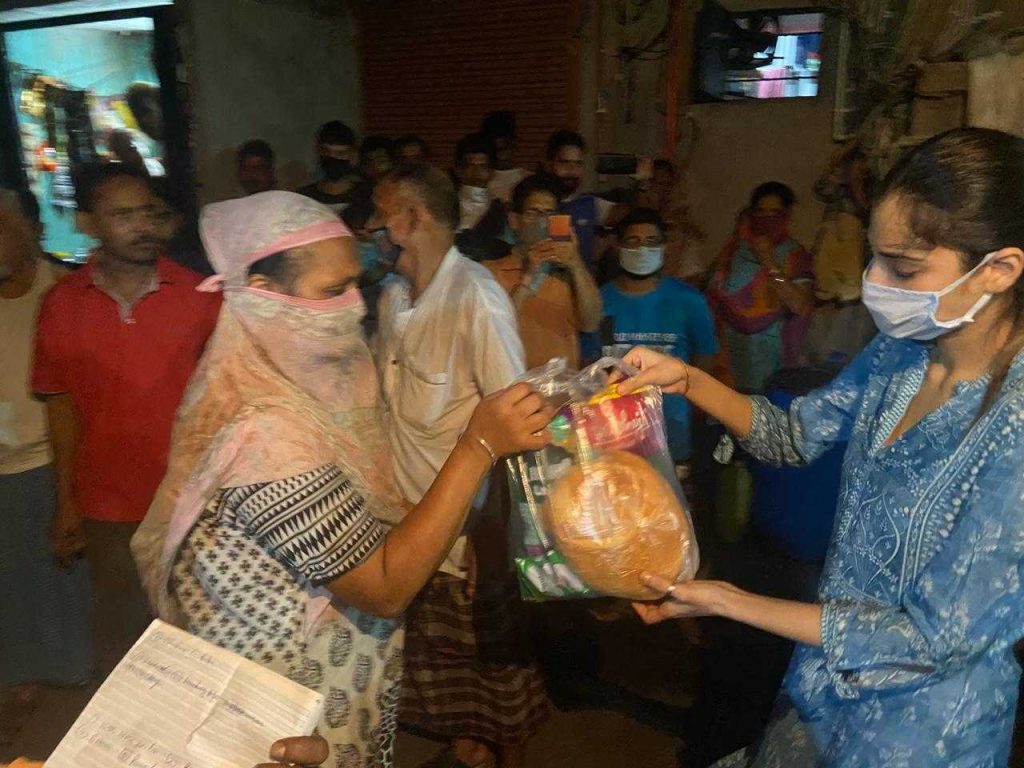
What makes you oppose feminism so strongly?
Nusrat Jahan: I genuinely feel that feminism is all about pulling up women who are down-trodden. Women are targeted, yes we are, but the more we start to think of ourselves as victims and focus on the trolling on our gender, it will never stop.
Then what should women do according to you?
Nusrat Jahan: They should get a hold of themselves. Start living their lives their way and stop listening to what other people have to say about them. We have seen the world pulling us down because of our gender, but if we start accepting it and doing the same to ourselves, that’s wrong. Everyone has their own lives to lead and should have the freedom to live it however they want to.
But there are a lot of women who are underprivileged and don’t possess the kind of authority that you talk about, how can they live their lives on their own terms?
Nusrat Jahan: Pressure from the family and society is what makes women believe that they don’t have any authority. In such a scenario, they should gather strength and break out of this shell, otherwise they’ll never be able to live with peace because people will never stop saying or doing nasty things. Either you give in and don’t complain or do something about the patriarchal setup. Like you are saying, there are women who can’t do it for themselves so the privileged women who can, should become the voice of those who can’t. But let’s not call it feminism.
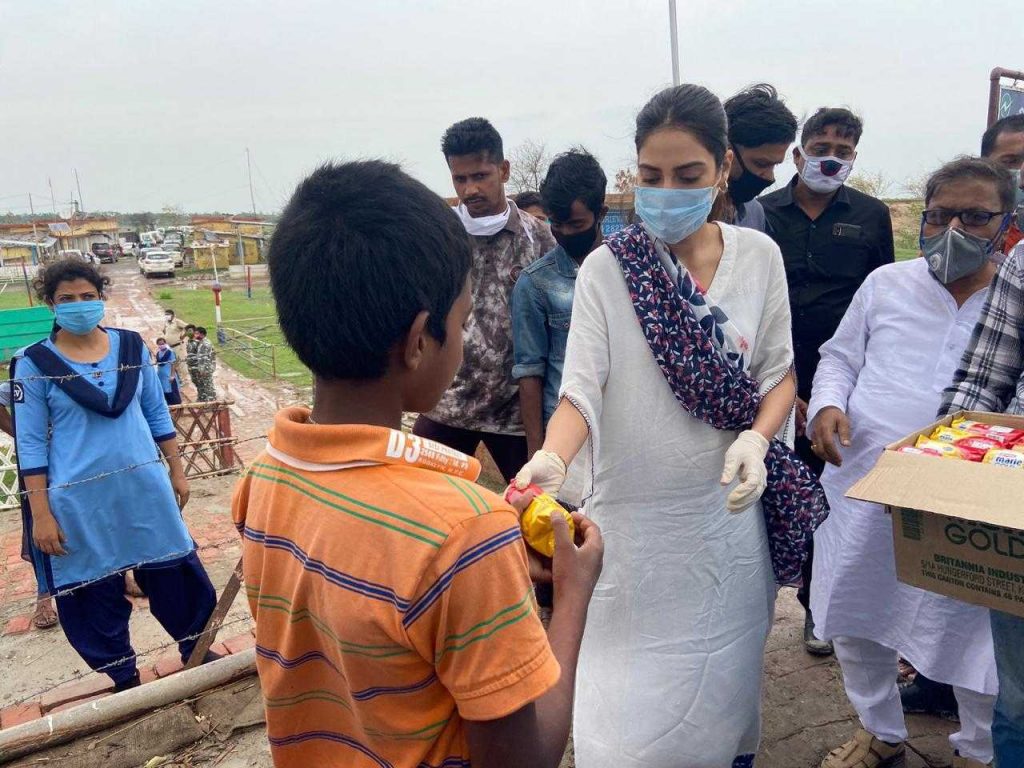
Also read: ‘I love my job’— Supriya Sule On Being A Top Performer…
Do you think the ongoing political discourse of communalism is having an impact in your constituency especially when it has been a dynamic debate in West Bengal? Tell us about it.
Nusrat Jahan: Not really, when I entered my constituency for election campaigning, I was a little privileged as everybody knew me as an actor. My people never paid any heed to my religious identity and gave me immense love. However, I wouldn’t deny that, while communal would be the wrong word to use, there are certain things that one has to keep in mind when you deal with any religion. We can’t disrespect any religion. I can say that I am a secular person and perform rituals of the Durga Puja which might offend a section of Islam, but if I am true to myself and feel strongly about something, then people will have to eventually give in and understand that what I am doing is not wrong.
We respect each other’s religion and that forms the basis of the Indian constitution.
When I entered my constituency for election campaigning, I was a little privileged as everybody knew me as an actor. My people never paid any heed to my religious identity and gave me immense love. However, I wouldn’t deny that, while communal would be the wrong word to use, there are certain things that one has to keep in mind when you deal with any religion. We can’t disrespect any religion.
But in the past few months with the protests against the National Register of Citizens (NRC) and Citizenship Amendment Act (CAA), did it impact the religious diversity in your opinion?
Nusrat Jahan: So people actually forgot that the majority will not exist if there is no minority. We can’t distinguish between the two, and both will have to co-exist. In Bengal, we respect the sentiments of all the people irrespective of their religion. It is very wrongly portrayed by the opposition and they call it as Muslim appeasement. When the protests against NRC and CAA were happening, they weren’t on religious grounds. They were on the grounds of giving people the right to citizenship that they already have as a matter of fact that they are born in this country. This pilot project of NRC went completely wrong and people have been witnessing this.
Any legislative decision that is brought about and put into amendment is for the betterment of people and that is how a constitution should work. It shouldn’t favour a few over others. This is why people were protesting and they were out on the roads. The minorities did feel insecure about the fact that the country they have been living in for all these years has had serious consequences when the new government suddenly took charge. We still believe that we will not allow NRC-CAA to be enacted.
This one decision of the central government caused huge disruptions in every corner of the country. The Muslim community was threatened despite the central government saying that none of the Muslim people will be outcasted. But the kind of rules and regulations that were put in role-play were affecting people’s livelihoods. The Muslim community hasn’t woken up suddenly to feel threatened by the BJP government. There have been actions that forced them to do so.
Also read: Amravati’s Independent MP, Navneet Rana On Politics, Misogyny And COVID-19
All pictures are provided by Nusrat Jahan.
